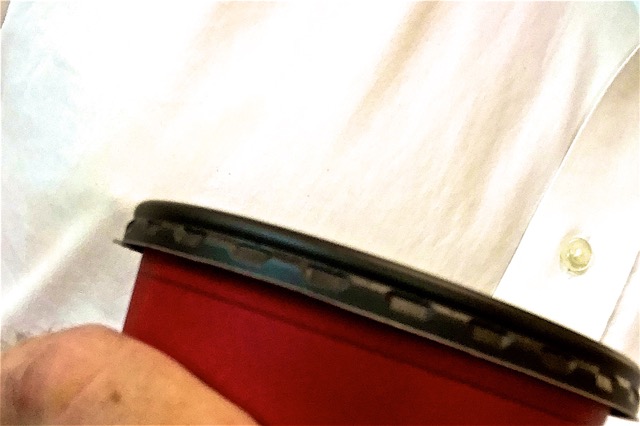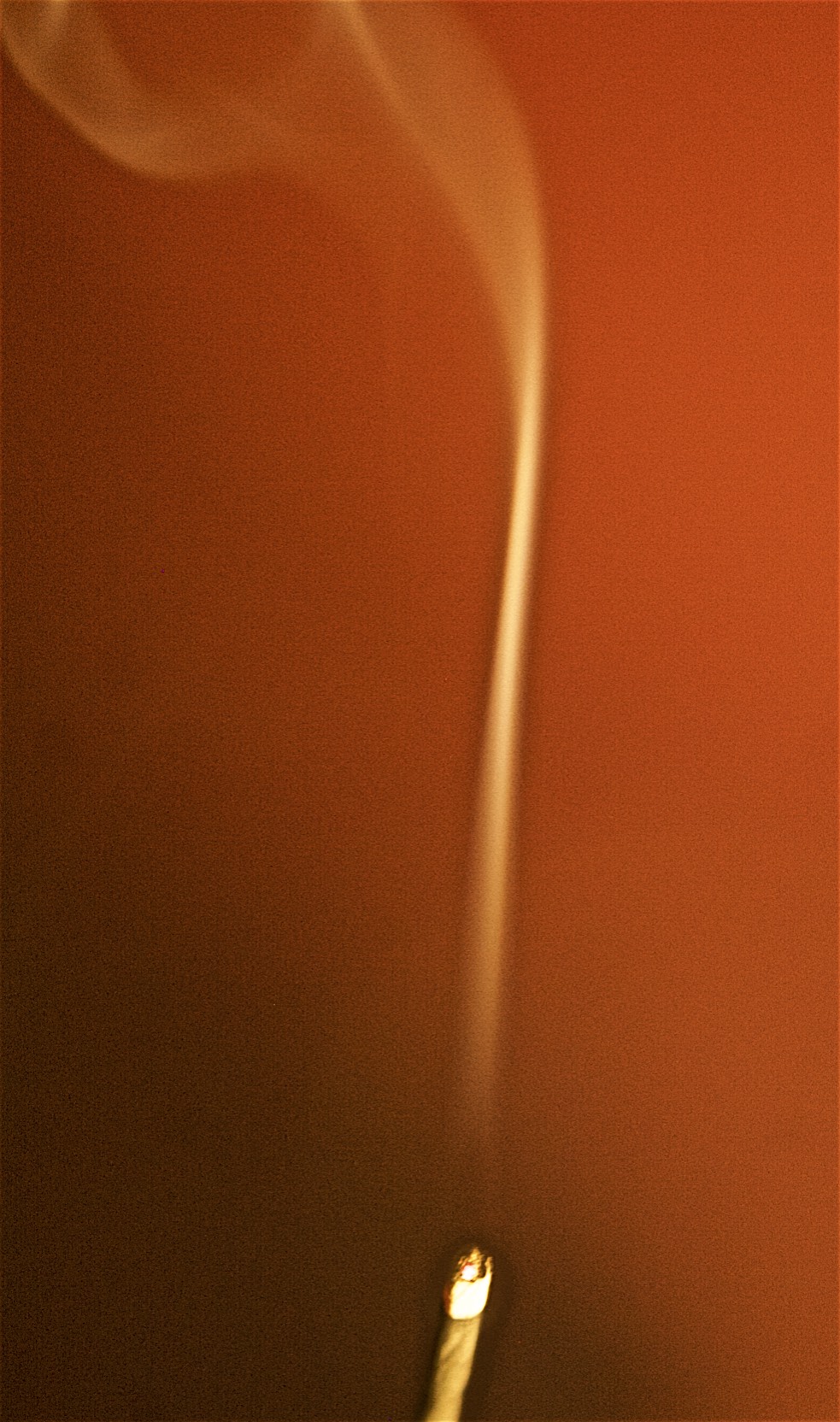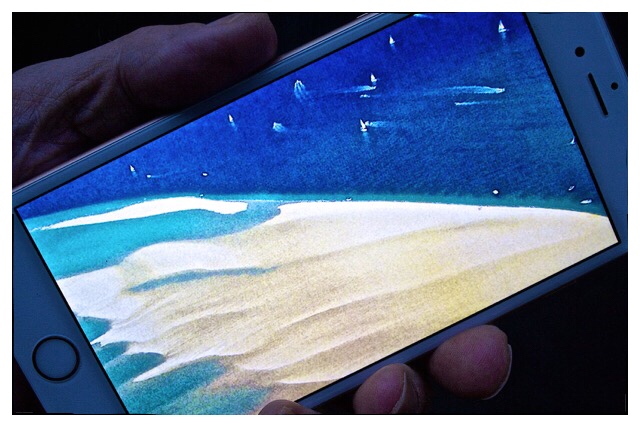
Like millions of Canadians, I spent last Saturday evening hunkered down in front of the television. It wasn’t to take in the athletic efforts of our better-than-expected Olympians, though it was a national celebration.
We were all watching the final performance of The Tragically Hip, a band that has turned out to be more than an institution. Over three decades, The Hip has become a part of our cumulative national identity.
More than 11 million of us (a third of the population) took in the live concert broadcast on television, radio, and across all social media channels. The numbers don’t include the crowds gathered at listening parties in bars, concert halls, and outdoor venues (at least 25,000 people outside the arena at the center of it all) to see it unfold on the big screens.
That’s a lot of Canadians. The Hip meant that much to all those people.
If you live outside of Canada, you’ve probably never heard of The Tragically Hip. Despite putting out 14 albums, and garnering significant radio airplay, sales, and all the big awards here, The Hip never made a dent in markets outside our borders. That’s sad.
But we sure loved them. The Hip were often referred to as Canada’s house band, and from the early days they toured from coast-to-coast. The early music was a lot of the same bluesy sort of beverage room rock & roll many of us grew up with. The sound evolved with the band, both in structure and atmospherics, and always featured the up-front vocal style, and lyrics, of front man Gord Downie.
Downie himself was truly front and center on this tour. Last spring it was announced the singer had terminal brain cancer. A short summer tour was offered, and tickets sold out quickly.
In the weeks leading up to the tour, even more so during the days prefacing the final show, media was full of stories and memories about the band, and the impact it had on the country and its people.
Everyone seemed to have a favorite song, or lyrics that spoke loudly, or took them back to a where and when. Downie’s lyrics were layered with Canadian landmarks and landscapes. The references were not always obvious, but you could taste a nationality.
Good art always takes on the tone of the times, and, often, the culture it is produced in.
What impressed me most over the past weeks and months, was the continual reference to Downie’s lyrics as pure poetry, and the man himself more as a poet than a singer. I’m sure it had little to do with the fact the band’s latest recording was titled Man Machine Poem.
The singer is a wordsmith, true and whole. He took what surrounded him, captured the essence of the environment, and turned out daring (occasionally oblique) lyrics with a twisted and torrential rhyme and reason.
Yes, without the music, it read well as poetry. There was some beautiful stuff.
So in all the hype over the tour, and the certain tragic end of a heartfelt and creative soul, admirers and supporters of the band not only referred to the songs as important, but as poetry.
Everyday fans of an everyman’s band were talking poetry. They weren’t talking about lyrics and anthems and just words that rhyme. They were talking about poetry, like it was what they believed in, and like it was something you could. Like it was something hip.
Poetry, these days, rarely gets that sort of respect. That’s sad.
I’ve said before, and I’ll say it again; poetry is the life force that can break down barriers and unite. It should be spoken more.
“It should bring people together.
Lovers, warriors, politicians and their prey
might better understand themselves and each other
if they thought more in poetry, than in whatever else
they might be thinking.”
We all learn about poetry, and learn it early on with nursery rhymes and latter music on record or the radio. It’s wrapped up in melody and often hidden in the music, but it is poetry. But nobody really talks about it that way. Poetry is just not as cool, or not spoken about like there is even the potential for cool, like music. Music is cool, but it’s just songs and discs or downloads (or vinyl).
The country united last Saturday, to say farewell to a band that has given them something to remember. Music can indeed unite a nation, but I’d like to think poetry had something to do with it as well.
“I am not sure if most people talk
poetry
enough.
Doesn’t it have to rhyme?
Not all of the time . . .
not for everyone.
If not a poem, then
a poet
is mainly misunderstood.
But how? The language is so direct,
it cuts out the crap, rarely are there ums and awes,
and
any hesitation is purposeful.
Poets do not stumble on words. Poets respect words, poets
breathe words.
Words are currency, for a poet. Why not for everybody?”
Why Only April
© 2014 j.g.lewis




